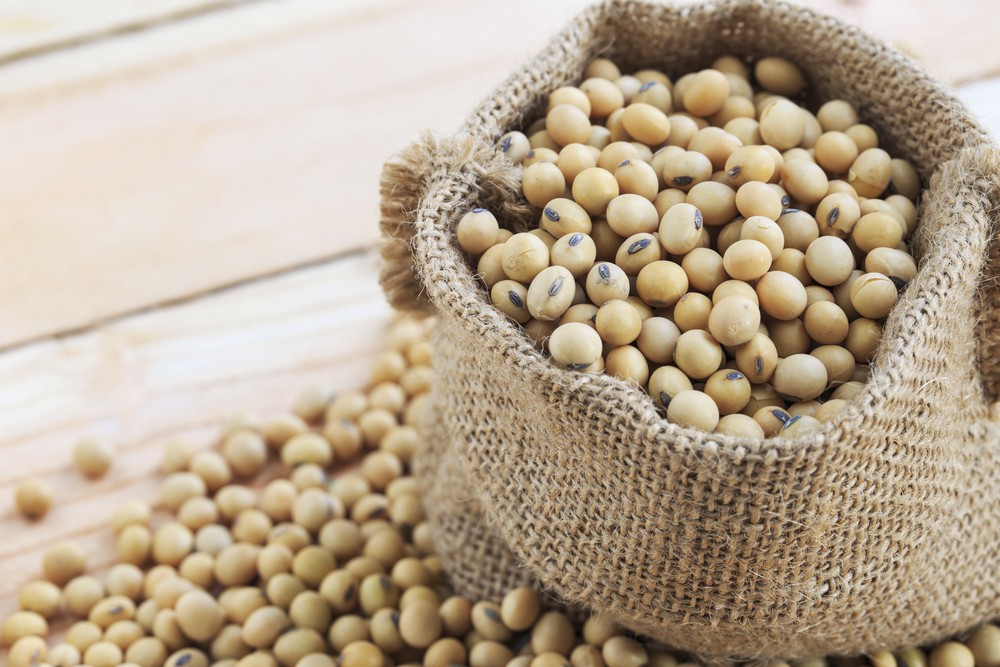Soy 4 Seniors
Soybeans or soya beans are plant-based protein members of the pea (legume) family of vegetables. It has been part of native traditional Asian diets for thousands of years. Soy contains all the essential amino acids, similar to those found in meat. If consumed in a limited amount, soy may reduce the risk of a range of health problems in seniors. It makes an excellent addition to the senior’s diet. Soybean is high in fibre, low in saturated fat, cholesterol-free, lactose-free, a good source of Omega-3 and Omega-6 fatty acids, source of antioxidants and high in phytoestrogens (dietary estrogens, a naturally occurring compound found in plants).
The human body needs its recommended servings of protein, dairy, vegetables, fruits, and good fats. In elderly individuals, physiological changes in the ability to digest, bone density, sugar, or cholesterol control can cause changes in nutritional needs. A commonly known fact, as people get older, one of the food groups they tend to cut back on is the protein. That is because of the trouble they face digesting animal protein (excessive fat) or vegetarian protein such as lentils that might cause them abdominal discomfort. It is essential to encourage healthy eating for seniors as they face health challenges – such as high BP, diabetes, high cholesterol, heart diseases, loss of muscle mass, obesity, cancer, and menopausal flushes in women.
Why should you consider eating soy-based products in limited quantities?
Osteoporosis – The risk of developing osteoporosis is reduced drastically due to phytoestrogen found in soy. Seniors should try out soy milk that has been fortified with vitamin D and calcium to strengthen their bones further is suggested.
Postmenopausal side-effects – Phytoestrogen is an estrogen hormone present in soy acts as a mild form of hormone replacement therapy helps reduce postmenopausal symptoms such as hot flushes.
Blood sugar level – At some point, many seniors develop diabetes. The factor causing this disease is fluctuation in blood sugar. Soy products contain insoluble fiber the keeps an individual’s blood sugar at a steady level. It is an excellent alternative to complex carbohydrates that cause glucose levels to spike.
Prostate cancer – A high level of testosterone in senior men increases the risk of prostate cancer. Phytoestrogen is a hormone present in soy products that helps stabilize testosterone levels keeping them within a healthy range.
LDL (bad) cholesterol levels – A high cholesterol level is one of the biggest risk factors for cardiovascular diseases. The insoluble fiber in soy makes it difficult for the body to absorb unhealthy cholesterol. A meta-analysis found that 20g to 61g of soy protein can significantly reduce total blood cholesterol levels, LDL (bad) cholesterol levels, and triglycerides.
Blood vessels – Soy contains Omega-3 fatty acids, Omega-6 fatty acids, and antioxidants that strengthen blood vessels and increase the durability and flexibility of blood vessels.
Soy has become one of the popular protein sources for seniors when consumed in limited quantities – around 20-25g per day. Most soy products have a fat content of 2-4% is much lower compared to lean meats.









Great articlе. I will be dealing with many of these issues as well..
Comments are closed.